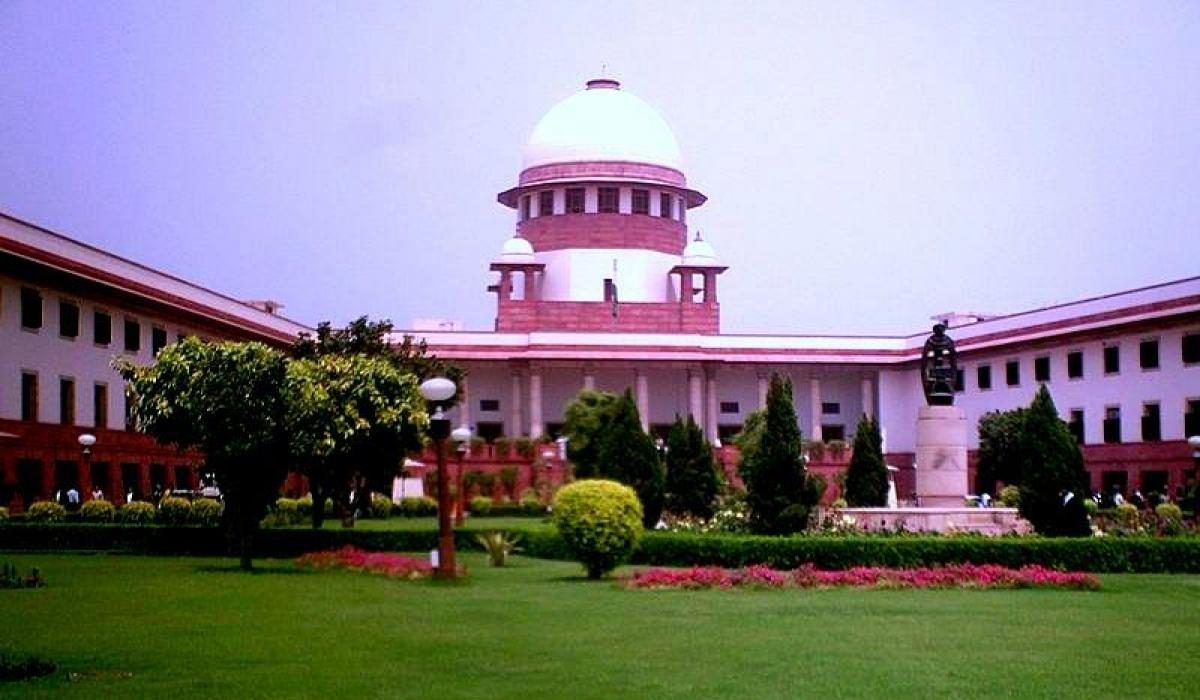Supreme Court ruling stumps three High Courts

In a landmark judgment delivered by the apex court on March 4, the controversy with regard to the powers of the Sales Tax Commissioner has been set at rest. In State of Punjab Vs.Shreyans Indus Ltd, a three-judge bench of the Supreme Court has said “the time can be extended even after original time prescribed for completing the assessment has expired.”
In a landmark judgment delivered by the apex court on March 4, the controversy with regard to the powers of the Sales Tax Commissioner has been set at rest. In State of Punjab Vs.Shreyans Indus Ltd, a three-judge bench of the Supreme Court has said “the time can be extended even after original time prescribed for completing the assessment has expired.”
Speaking for the Bench comprising besides the Chief Justice and Justice R Bhanumathi, Justice A K Sikri observed that Section 148 of the Civil Procedure Code (CPC) categorically states that power to enlarge the period can be exercised even when period originally fixed has expired.
The court overruled the three identical judgments of the Punjab and Haryana High Court, Gujarat High Court and Karnataka High Court on the question whether the Commissioner of Commercial Taxes had power to extend the time for completing the assessment even after the lapse of three years fixed to complete the assessment.
Earlier all the three High Courts had unequivocally held that the power of extension for completing the assessment must be exercised by the Commissioner before the expiry of three years period which is the statutory limit for completing the assessment and if he fails to do so, the right of the Department to assess an assessee gets extinguished.
However, from the plain reading of Section 148 of CPC it appears that the power of extension vests with the Court and not with a bureaucrat. The section reads like this : “148. Enlargement of time:- Where any period is fixed or granted by the Court for doing of any act prescribed or allowed by this Code, the Court may, in its discretion, from time to time, enlarge such period,[ not exceeding thirty day in total ] even though the period originally fixed or granted may have expired.”
The words, “not exceeding thirty days in total” have been added by CPC (Amendment) Act 46 of 1999 with effect from 1-7-2002. The parties concerned would do a great service to millions of litigants by seeking clarification on this issue.
Kanhaiya Kumar tangle
In a recent interview given to a popular television channel, country’s top lawyer and Constitutional expert Fali Nariman has expressed the view that the whole Kanhaiya Kumar’s issue was blown out of proportion. For nailing an ant, the hammer has been used, said the octogenarian lawyer who is also known for his witty and humorous comments.
Fali condemning the recent anti-India tirade raised by some groups said that irrespective of caste, creed and religion one should be proud of our country. We may have different political ideologies but we should remain united, he opined. He also emphasised the need for having a relook at the outdated provisions of the Indian Penal Code including the one about sedition and added that all the provisions in the IPC were not bad or irrelevant today.
Fali quoting American president Roosevelt said the need of the hour was to get rid of the wants and fear. In a democracy if people are in the grip of poverty and threatened in one way or other which forces them to live in fear, it does not augur well for the country and immediate remedial steps must be taken.
Giving due credit to the former prime minister Atal Behari Vajpayee the learned jurist said that Vajpayee has a rare quality of taking even the most bitter criticism in a sporting manner and giving repartee to the critiques without hurting their feelings.











